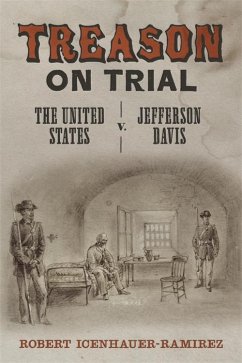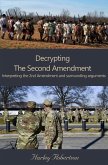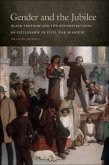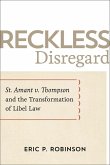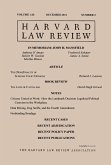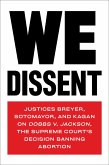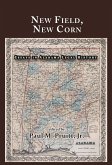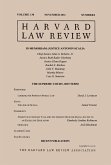In the immediate aftermath of the Civil War, federal officials captured, imprisoned, and indicted Jefferson Davis for treason. If found guilty, the former Confederate president faced execution for his role in levying war against the United States. Although the federal government pursued the charges for over four years, the case never went to trial. In this comprehensive analysis of the saga, Treason on Trial, Robert Icenhauer-Ramirez suggests that while national politics played a role in the trial's direction, the actions of lesser-known individuals ultimately resulted in the failure to convict Davis.
Early on, two primary factions argued against trying the case. Influential northerners dreaded the prospect of a public trial, fearing it would reopen the wounds of the war and make a martyr of Davis. Conversely, white southerners pointed to the treatment and prosecution of Davis as vindictive on the part of the federal government. Moreover, they maintained, the right to secede from the Union remained within the bounds of the law, effectively linking the treason charge against Davis with the constitutionality of secession.
While Icenhauer-Ramirez agrees that politics played a role in the case, he suggests that focusing exclusively on that aspect obscures the importance of the participants. In the United States of America v. Jefferson Davis, preeminent lawyers represented both parties. According to Icenhauer-Ramirez, Lucius H. Chandler, the local prosecuting attorney, lacked the skill and temperament necessary to put the case on a footing that would lead to trial. In addition, Supreme Court Chief Justice Salmon P. Chase had little desire to preside over the divisive case and intentionally stymied the prosecution's efforts. The deft analysis in Treason on Trial illustrates how complications caused by Chandler and Chase led to a three-year delay and, eventually, to the dismissal of the case in 1868, when President Andrew Johnson granted blanket amnesty to those who participated in the armed rebellion.
Early on, two primary factions argued against trying the case. Influential northerners dreaded the prospect of a public trial, fearing it would reopen the wounds of the war and make a martyr of Davis. Conversely, white southerners pointed to the treatment and prosecution of Davis as vindictive on the part of the federal government. Moreover, they maintained, the right to secede from the Union remained within the bounds of the law, effectively linking the treason charge against Davis with the constitutionality of secession.
While Icenhauer-Ramirez agrees that politics played a role in the case, he suggests that focusing exclusively on that aspect obscures the importance of the participants. In the United States of America v. Jefferson Davis, preeminent lawyers represented both parties. According to Icenhauer-Ramirez, Lucius H. Chandler, the local prosecuting attorney, lacked the skill and temperament necessary to put the case on a footing that would lead to trial. In addition, Supreme Court Chief Justice Salmon P. Chase had little desire to preside over the divisive case and intentionally stymied the prosecution's efforts. The deft analysis in Treason on Trial illustrates how complications caused by Chandler and Chase led to a three-year delay and, eventually, to the dismissal of the case in 1868, when President Andrew Johnson granted blanket amnesty to those who participated in the armed rebellion.
Dieser Download kann aus rechtlichen Gründen nur mit Rechnungsadresse in A, D ausgeliefert werden.

